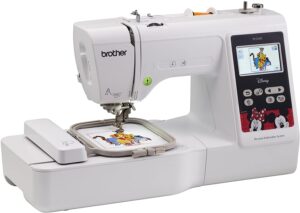
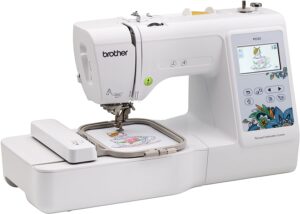
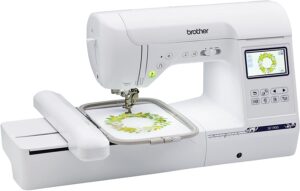
When looking at machines for purchase, it is important to sew on the machine yourself, in fact, you should insist on it. You should plan ahead, and when you go to the sewing machine store, know the kind of things you are interested in doing. Take pieces of fabric, or whatever you plan to sew on. Do not let the sales rep do the sewing on your fabrics.
1) Explain to the sales rep what you are interested in, what the problems are with your current machine (if any?).
2) If the sales rep immediately takes to the most expensive machine in the store and this was not your intent, be firm and insist upon seeing a machine more in your price range. You may well end purchasing a machine that is outside your price range, but that should be your decision and not that of the sales rep.
3) Let the sales rep give you a demonstration, make sure that when you sit down you can see what the sales rep is doing. Sometimes the sales reps have a canned demonstration and they go to fast, they make it flashy and impressive, but the demo may be more technique rather than what the machine is capable of doing.
4) Ask your questions and then ask to sew on the machine yourself. If you do not have fabric pieces, ask to test sew on real fabric, not the stiff demo cloth that most sales reps use. Your own swatches are better because, you can carry the same fabric around to the different shops, and truly have an accurate comparison.
5) If you try something on a fabric (your own) and it does not work properly, for example using a machine with a lot of embroidery stitches, you generally have to stiffen the fabric, use a tear-away type of product. Decorative stitches generally look nicer using 100% cotton thread and not necessarily as nice using cotton-wrapped thread. Check out the thread.
6) Contrary to what a sales rep may say, swear to, etc. There’s no such thing as a sewing machine That has an automatic tension adjustment. Remember: when using a regular sewing machine (as opposed to a serger) there is thread on top of the seam (your top thread – when threaded goes through tension system of some kind) and the bobbin thread. In machines with a bobbin case, the tension is still adjusted by adjusting that little bitty screw on the side of the bobbin, there is no one, etc. that jumps out and automatically adjusts this little screw. You must. The machines without a bobbin case (so-called drop-in bobbins), also have a tension adjusting device. There may be some “automatic” mechanism to adjust the top tension.
7) The stitching quality of a particular machine depends on a number of things (a) the machine, (b) needles, (c) thread, (d) tension, (e) sewing technique, and (f) the operator. All of these items are important. A good machine is wonderful and can make sewing more rewarding. You can hear it and see the results, between a good machine and not so good machine.
8) If you are looking at the high end machine, for example Elna or Pfaff , be aware that both companies have a line of machines that are of a different quality than there top line. Top line of Elna is made in Switzerland, top line of Pfaff is Germany. The other line is either made in Japan or China (not that these are necessarily bad, but they are not the top of the line, the line that gives the brand its reputation). For example, New Home is a Japanese built machine, they may have other lines that are built in either Taiwan or Korea. When it comes to sergers by these companies, it is most likely their sergers are made in either Japan or Germany/Switzerland, but for sergers, this is okay. The original home-use sergers came from Japan, they had the original technology.
What about used machines?
You may be able to get a used machine in very good condition. There are some users who trade-in machines because they don’t have all the latest fancy gadgets, etc. Most shops will make sure that the used machines are in tip-top shape for selling. Make a list of your requirements and your questions before going to a store, so that you won’t get caught up in the heat of the moment and buy something that does way more than you need it to or forget to ask something that could turn out to be important. Be sure that the store will service the machine as well as sell it. Consumer Reports recommends not purchasing an extended warranty from the store – they say it’s one of the biggest wastes of $. Many major credit cards offer an extended warranty on purchases made with them. And finally, don’t be afraid to ask what may seem to the salesperson to be a silly question. A sewing machine is a major investment and you have a right to have every t crossed and every i dotted before you shell out money.
Related Posts
Discover relevant articles, tutorials, and tips to improve your skills and explore new techniques.
Stay inspired and connected to our embroidery community.
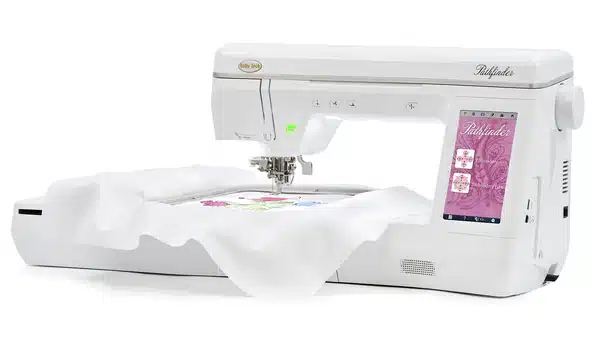
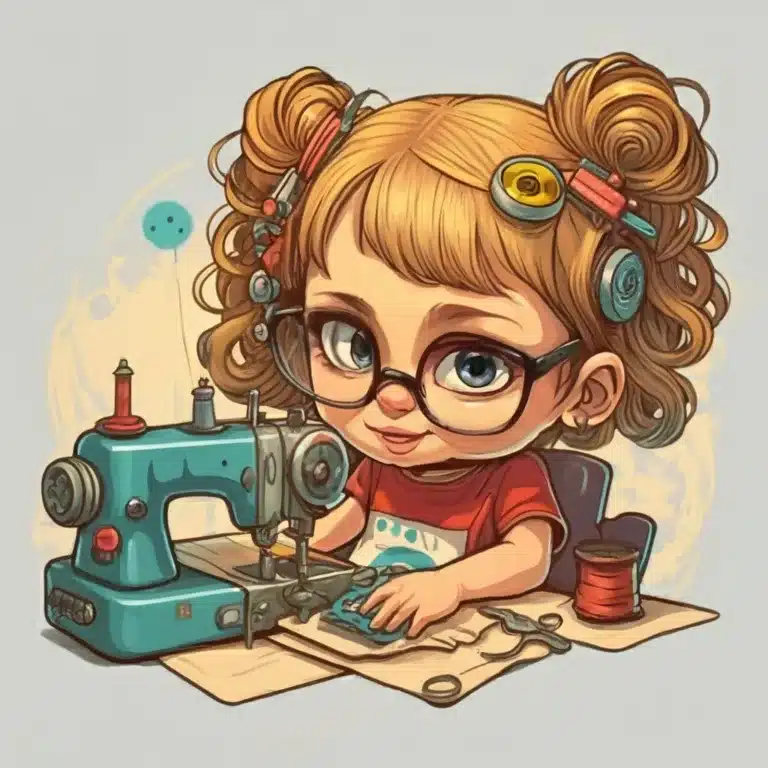


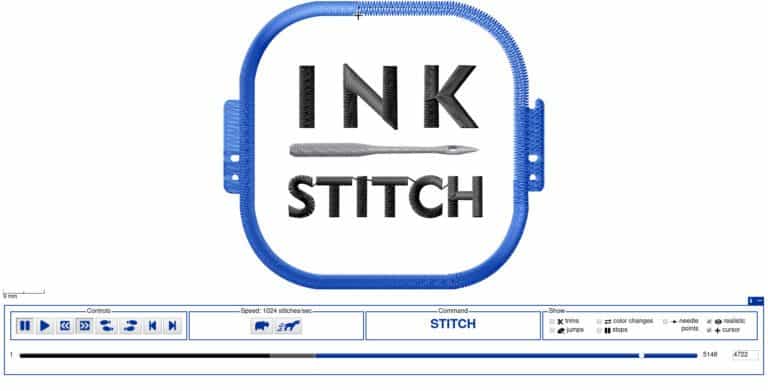

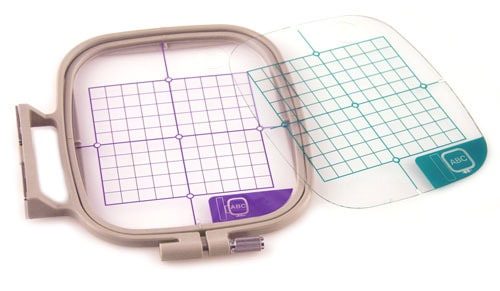
Hmm it seems like your site ate my first comment (it was super long) so I guess I’ll
just sum it up what I wrote and say, I’m thoroughly enjoying your
blog. I too am an aspiring blog writer but I’m still new to the
whole thing. Do you have any tips and hints for
novice blog writers? I’d really appreciate it.
Ꮋurrah! At last I got a website from where I can genuinely obtain vaⅼuable information regarding my study and knowleԀɡe.
Hi there, I enjoy reading all of your post. I wanted to write a little comment to support you.
Incredible quest there. What happened after?
Good luck!